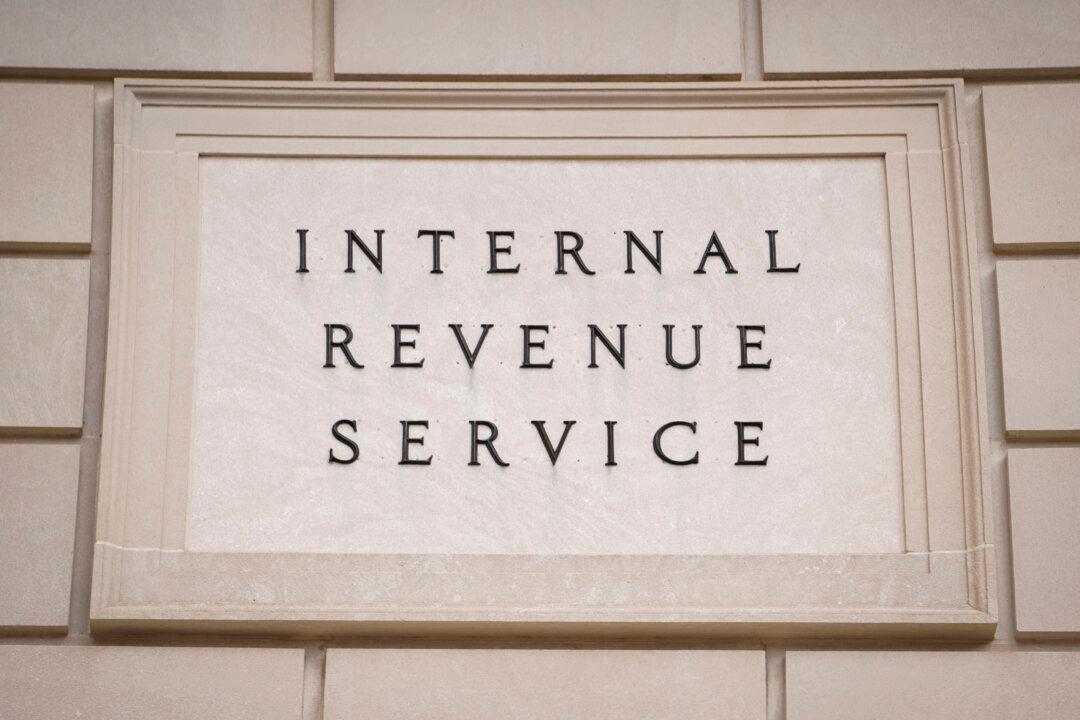The Internal Revenue Service (IRS) will soon launch its tax e-filing program, allowing some taxpayers from 13 states to use the service beginning next year, leading to accusations that the agency has assumed the role of a tax preparer.
During the upcoming 2024 tax-filing season, the IRS will conduct a “limited scope pilot” of its free online tax return-filing service called Direct File, the agency said in an Oct. 17 press release. In the pilot-testing phase, only individual tax filers with “relatively simple returns” will be eligible to access the service. Certain types of incomes, tax credits, and adjustments will be allowed in Direct File for the pilot test. Though this decision is yet to be finalized, the IRS expects the following components to be included in Direct File:
- Incomes: W-2 wage income, Social Security and railroad retirement income, unemployment compensation, interest of $1,500 or less.
- Credits: Earned income tax credit, child tax credit, credit for other dependents.
- Deductions: Standard deduction, student loan interest, educator expenses.





